Welcome to the realm of the Theory of Computation, a captivating domain where logic, algorithms, and abstraction converge to unveil the inner workings of computation. As we embark on this intellectual voyage, we find ourselves at the crossroads of mathematics and computer science, delving into the fundamental principles that govern what can and cannot be computed.
In an era defined by the relentless pace of technological advancement, understanding the theoretical underpinnings of computation is more crucial than ever. This book serves as a guide through the labyrinth of ideas that have shaped the Theory of Computation, offering readers a comprehensive exploration of its key concepts, historical milestones, and real-world applications.
The journey begins with an exploration of finite automata, the simplest yet powerful models of computation. From there, we traverse the landscape of formal languages, regular expressions, and context-free grammars, unraveling the intricate tapestry that connects the abstract notions of computation to tangible linguistic structures.
Turning our attention to the formidable Church-Turing thesis, we ponder the question of computability and confront the limits of what can be algorithmically solved. The elegance of Turing machines becomes apparent as we witness their ability to simulate any conceivable computation, laying the foundation for theoretical computer science.
As we ascend into the realms of complexity theory, we confront the intricacies of time and space complexity, grappling with the inherent trade-offs that characterize efficient computation. The class P beckons us with its polynomial-time solvability, while NP tantalizes with problems for which solutions can be verified quickly but remain elusive to efficient computation.
The exploration culminates in the realm of undecidability, where the boundaries of computation blur, and Gödel’s incompleteness theorems cast a profound shadow over our quest for complete and consistent systems.
Throughout this odyssey, we strive to strike a balance between theoretical rigor and practical relevance. Theoretical concepts are illuminated through real-world examples, demonstrating the tangible impact of the Theory of Computation on fields as diverse as artificial intelligence, cryptography, and software engineering.
Whether you are a seasoned computer scientist, an aspiring programmer, or a curious mind seeking to fathom the depths of computation, this book invites you to embark on a thought-provoking adventure. As we navigate the intricate landscapes of formal languages, automata, and complexity, may you find inspiration in the beauty and significance of the theoretical foundations that underpin the digital age.


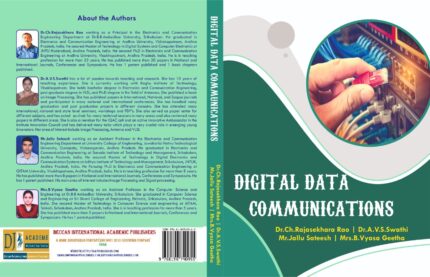

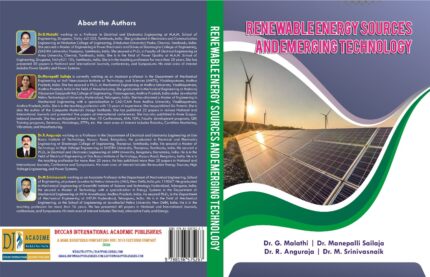
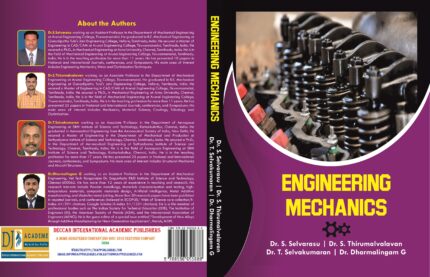
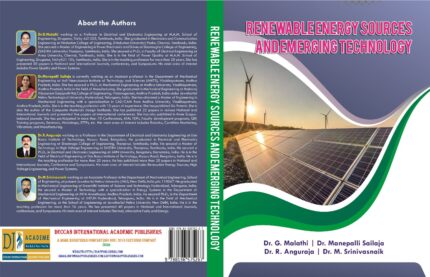
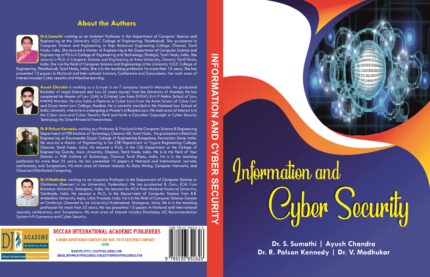
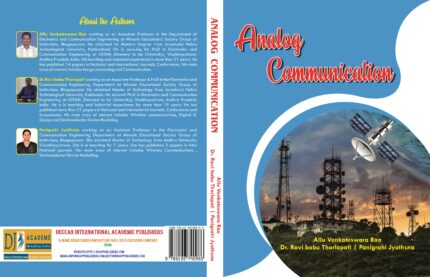
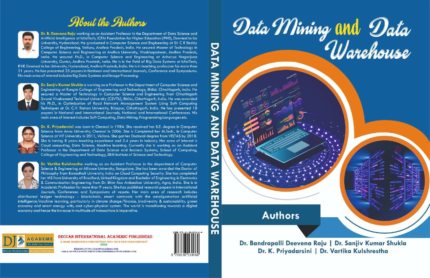
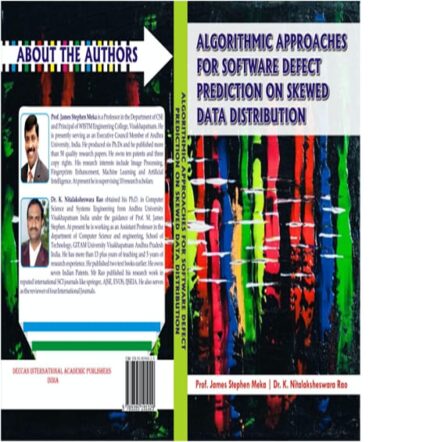
Reviews
There are no reviews yet.